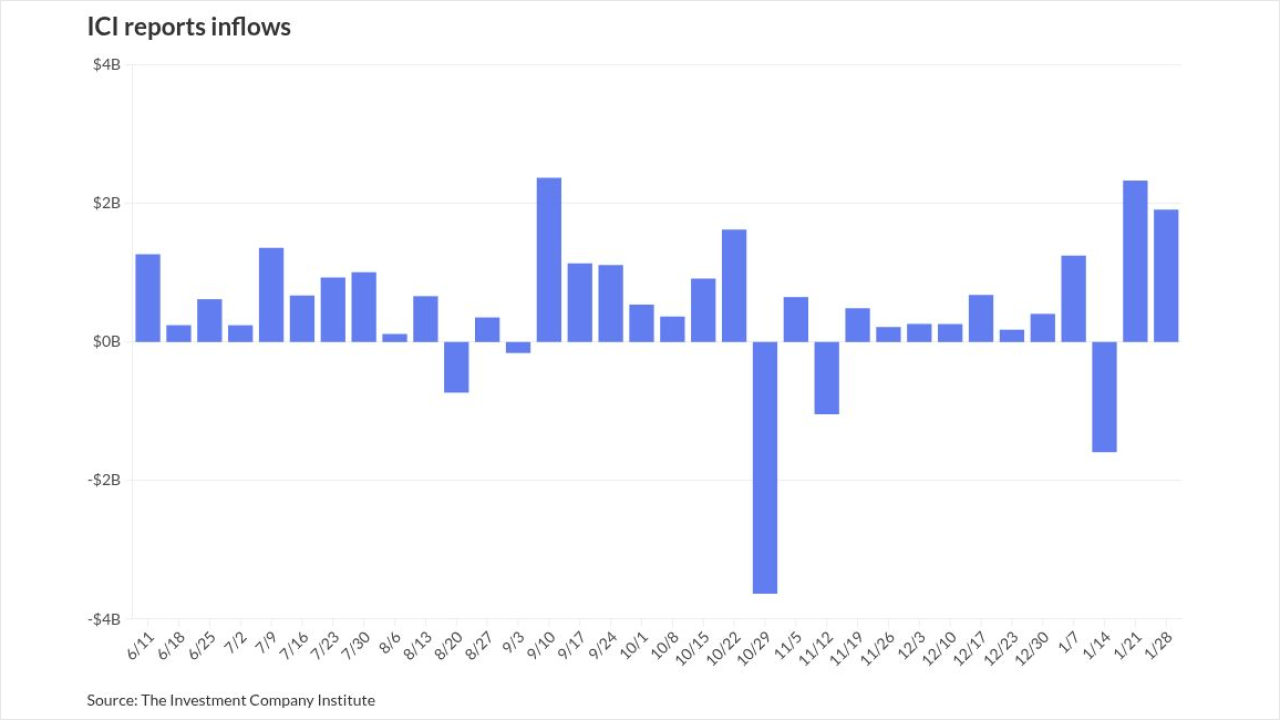
The Illinois Municipal Electric Agency has agreed with all but three of its 32 members on new contracts that last until 2055, ahead of an August bond sale that was postponed from July, but the holdouts include its two largest participants.
The bonds being refunded in that deal mature in 2035, which is also the final year of the agency's previous contracts with its members, said Staci Wilson, vice president of government affairs for the IMEA.
The three holdouts include Naperville and St. Charles, the IMEA's first- and second-largest members, and both plan to hold meetings about the new contract next week. Neither agenda includes a vote on the contract. Fairfield is the other municipality that hasn't signed.
The prospect of additional decades with the IMEA, which owns a 15.17% share of the coal-fired Prairie State Energy Campus, has stirred citizen opposition in some places.
Groups like the Clean Energy Alliance of Naperville and Go Green Winnetka have raised questions about their towns' contract plans. Winnetka signed a new contract with the IMEA on June 17, according to the village's website. Village Council President Bob Dearborn declined to comment.
"There are many concerns with this extension," Fernando Arriola, a spokesman for the Naperville Environment and Sustainability Task Force, part of the "Say No to Coal" coalition in the Chicago suburb, said by email. "It is a 30-year lockup, with no pricing, price caps or price incentives. The IMEA's model is to lock into long-term contacts with energy providers. We believe no pricing, a 30-year term and a static supply chain creates incredible risk when the industry is going through unprecedented technological, regulatory and supply and demand changes."
Another concern is the greenhouse gas pollution caused by the coal generating much of IMEA's energy — residents, businesses and other organizations don't like it, he said.
The group is also highlighting terms of the contract extension that constrain Naperville from engaging in industry best practices due to the structure of the IMEA, Arriola said — for example,
Naperville represented about one-third of IMEA's electricity sales in the year ending April 30, 2024, according to the
The IMEA has extended the contract deadline — originally set for April 30 — to August 19 for the holdouts, Linda LaCloche, director of communications for the Naperville city manager, said by email.
LaCloche noted that the City Council meeting next Monday is a workshop, and under the city code, no action can be taken at a workshop.
It is a similar situation in St. Charles, where the July 28 meeting's purpose is to weigh pros and cons rather than to take action, Mayor Clint Hull told The Bond Buyer.
"Most of all, I love the fact that we have engaged citizens," said Hull, who said he traveled to the IMEA board meeting in Springfield to ask for an extension after taking office on May 5. "It's great that citizens are willing to come to City Hall to share their thoughts. We've got a City Council that's working really hard at it. We want to meet that deadline."
Hull is a nonvoting member of City Council, except in the event of a 5-5 tie. But he convened a special committee to compile a report and present its findings to the City Council.
The committee is composed of elected officials, city staff members, three adult citizens from the clean energy group, one high school student and an energy expert chosen by the committee.
"What we're not going to do on the 28th is (have) the expert come in and say, 'Based upon all of the above, my recommendation is X,'" Hull said. "We're still in the information phase."
Several different power marketers will also present to the committee to inform them of other options.
St. Charles has also had its attorney review the proposed contract with IMEA, he said.
"We've heard from a lot of people who are concerned about carbon-producing energy and want to see the city go in a different direction on that," Hull said. "We've also heard from people who want to see affordable energy… There were a lot of citizens who attended the meetings, and during the public comment sessions, got up and shared their opinions. You're going to have people who feel strongly on both sides.
"The one thing I heard from everybody was that the city needed to do its due diligence," he added. "And that's exactly what we're doing."
The IMEA's Wilson said the agency required extensions from its members beyond 2035 to secure favorable 20-year green energy deals, a necessary step to achieving carbon net zero goals.
"While most Illinois retail customers have experienced significantly increased energy costs due to the recent market capacity prices, IMEA customers have been shielded from those price spikes," she said. "IMEA will continue to provide this service, while transitioning our power supply to our goal of carbon net zero by 2050."
A spokesperson for Prairie State
But Hull said Illinois has incentives in place to make renewable energy more appealing, thanks in large part to the state's Climate and Equitable Jobs Act, enacted in 2021.
"People want to focus on, how do we get more of our power from renewables, rather than coal?" he said. "That's one thing that I believe the council will look into on what's next for St. Charles."
Moody's rates the IMEA's power supply revenue bonds A1 with a stable outlook. S&P Global Ratings rates them A with a stable outlook. Fitch Ratings has the debt at AA-minus with a stable outlook.





